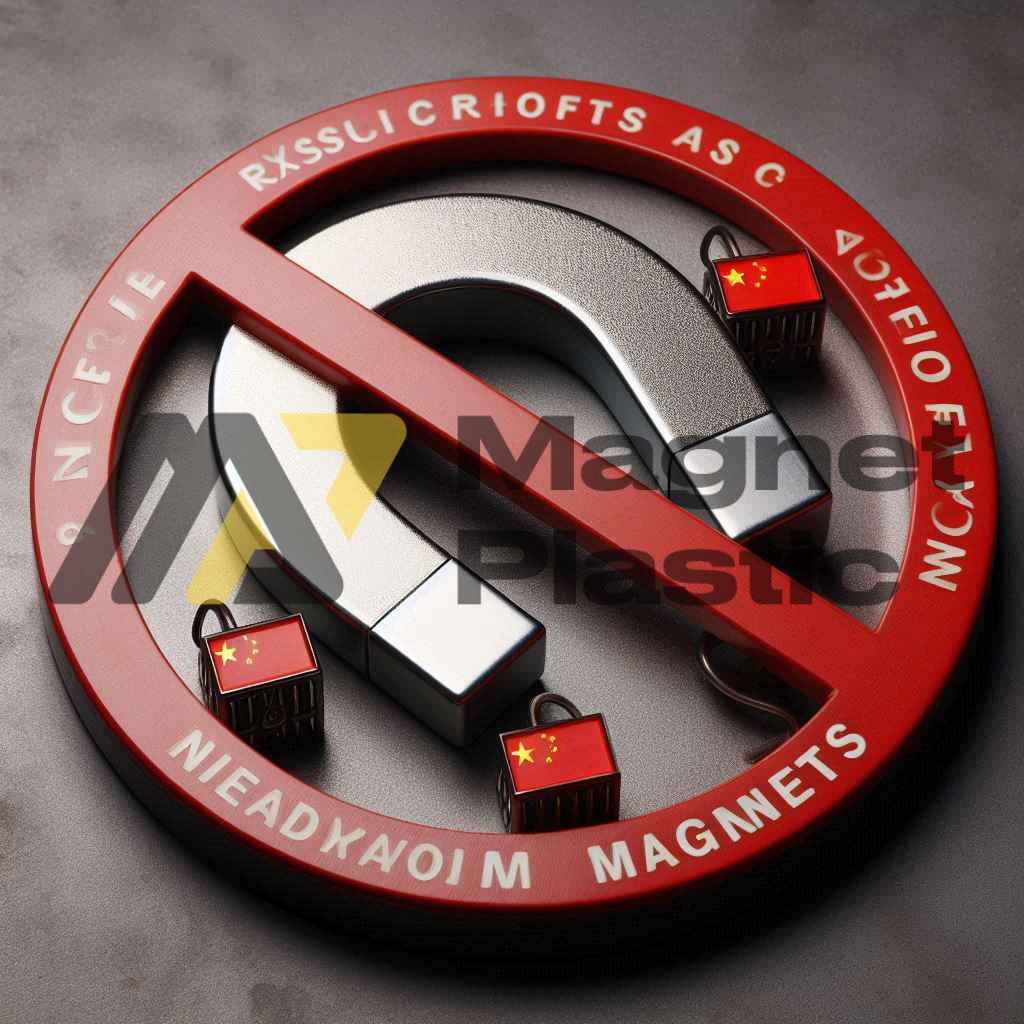Neodymium Magnet Exports from China: Restrictions and Global Impact
Exports of neodymium magnets, especially those made of neodymium-iron-boron (NdFeB), are now subject to strict controls by the Chinese government. Through new regulations, China has imposed specific restrictions on the export of rare earth processing technologies, including those related to magnet production. These measures reflect both strategic economic concerns and growing geopolitical tensions.
Details of the New Restrictions
China has added the technology for producing NdFeB magnets to its “Catalog of Prohibited and Restricted Export Technologies.” This means that any company wishing to export this technology or related products must now obtain prior approval from Chinese customs authorities. This approval process may take up to 45 working days.
In addition, exporters must provide a detailed declaration specifying the type of rare earth metals used and the final destination of the products or technologies being shipped. This enhanced scrutiny significantly reduces the flexibility of the companies involved in the export process.
Reasons Behind the Restrictions
China justifies these measures as a way to protect national security and serve the public interest, while also preserving its strategic resources. However, these decisions also come in the context of growing trade tensions with Western countries, particularly around the control of critical materials used in high-tech and defense industries.
Impact on the Global Supply Chain
These restrictions have a significant impact on the global supply chain. They could disrupt the distribution of neodymium magnets, which are essential components in various sectors, including electric vehicles (EVs), renewable energy, and advanced electronics.
Additionally, the requirement for prior approval and potential delays in customs processing create uncertainty for importing companies. The added logistical and administrative costs could result in higher prices for final products.
Consequences for the Tech and Renewable Industries
Industries most affected by these restrictions include the automotive sector, particularly EV manufacturing, wind turbine production, and medical technology. These industries rely on high-performance permanent magnets, like those made with NdFeB, due to their exceptional magnetic properties in compact, lightweight formats.
Conclusion
China’s new export regulations on neodymium magnets mark a critical turning point in the global market for strategic materials. In the short term, they threaten the stability of international supply chains. In the long term, they may accelerate efforts to develop alternative technologies or to diversify supply sources outside China.
For now, these policies strengthen China’s dominant position in the rare earth market and highlight its central role in the global transition toward greener and more electrified economies.
